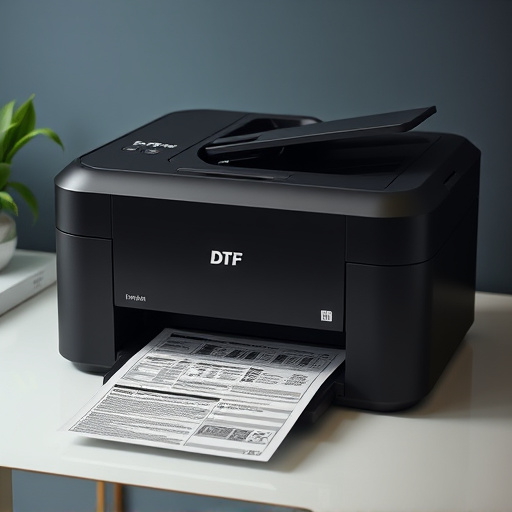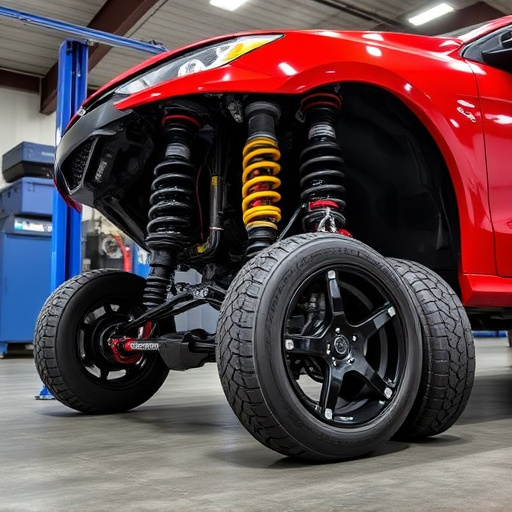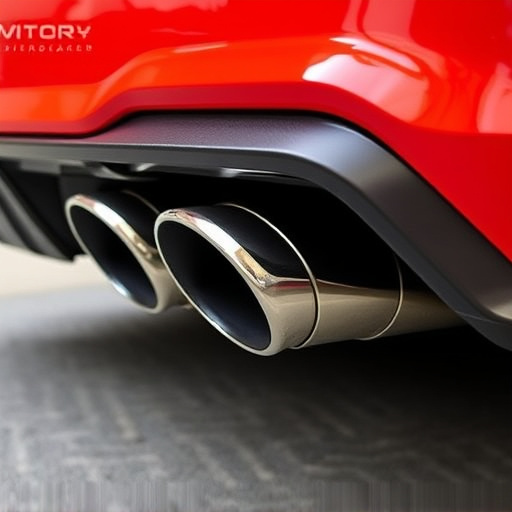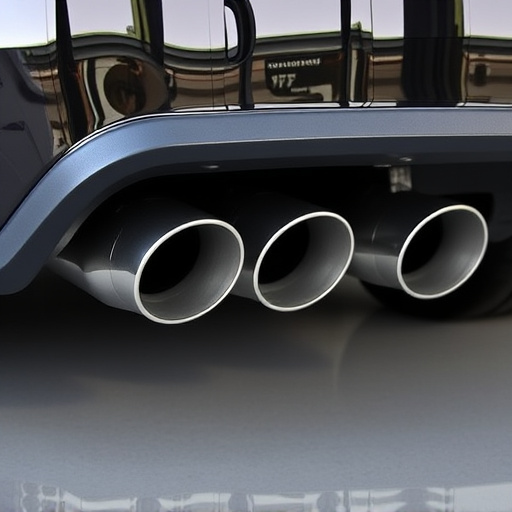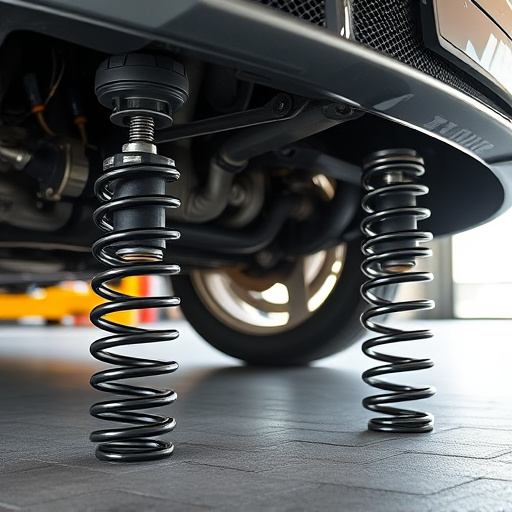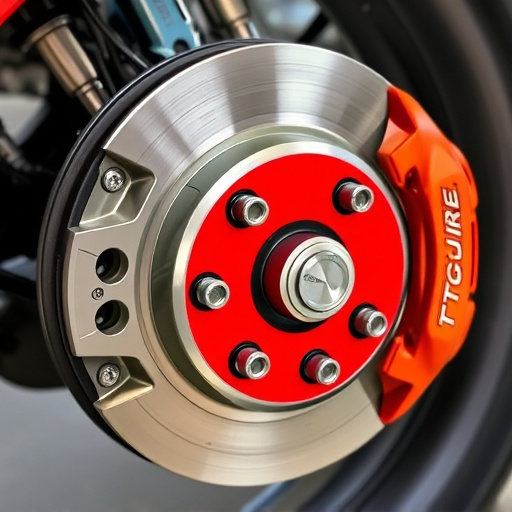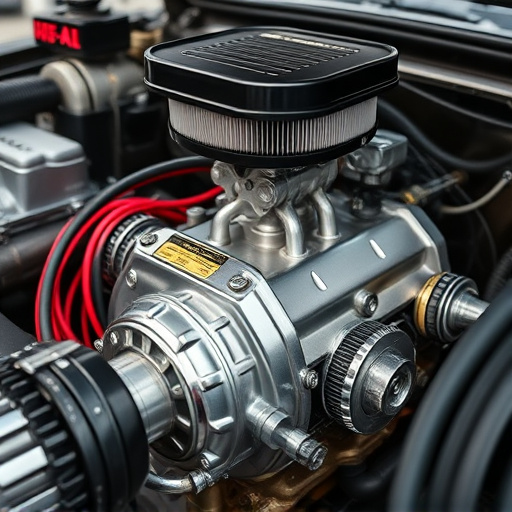Oiled air filters represent a cutting-edge solution for superior air purification compared to traditional dry filters, effectively capturing fine particles and debris. In automotive applications, they enhance engine performance, reduce wear, and prevent debris buildup on critical components, making them ideal for polluted areas or off-road vehicles. These filters offer significant advantages in various industries where clean air is essential, extending component lifespan and improving overall performance. While requiring more frequent maintenance due to oil replacement, oiled air filters last longer than standards, making them a versatile solution for diverse sectors and environments.
Discover the transformative power of oiled air filters in enhancing indoor air quality. This article explores the unique benefits of these innovative solutions over traditional dry filters, from improved allergen capture to enhanced efficiency. We’ll delve into their distinct properties and how they offer a superior barrier against pollutants, making them a game-changer for health-conscious individuals. Learn about real-world applications, considerations, and why an oiled air filter could be the key to breathing easier.
- Understanding Oiled Air Filters and Their Unique Properties
- Advantages of Using an Oiled Air Filter Over Dry Options
- Real-World Applications and Considerations for Oiled Air Filters
Understanding Oiled Air Filters and Their Unique Properties
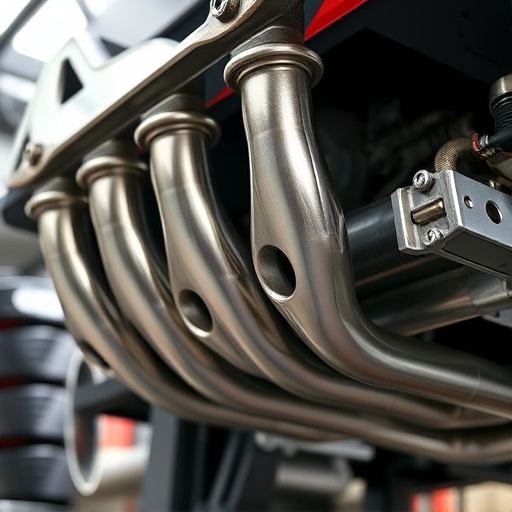
Oiled air filters are a unique alternative to traditional dry filters, offering several distinct advantages for various applications. These filters utilize a fine oil mist or coating to capture and hold onto particulate matter, such as dust, pollen, and smoke, ensuring cleaner air circulation. The oiled layer acts as an effective barrier, allowing only purified air to pass through while trapping contaminants. This simple yet innovative design sets them apart from dry filters, which rely solely on fiber-based materials.
Beyond their ability to enhance air quality, oiled air filters have specific benefits for automotive applications. When integrated into exhaust systems or used with intake components, they can improve engine performance and reduce wear and tear. The oil acts as a lubricant, preventing the buildup of debris on sensitive parts like exhaust tips, ensuring smooth operation and prolonging the lifespan of these components. This is particularly advantageous in environments with high pollution levels or for vehicles frequently exposed to rugged terrain.
Advantages of Using an Oiled Air Filter Over Dry Options
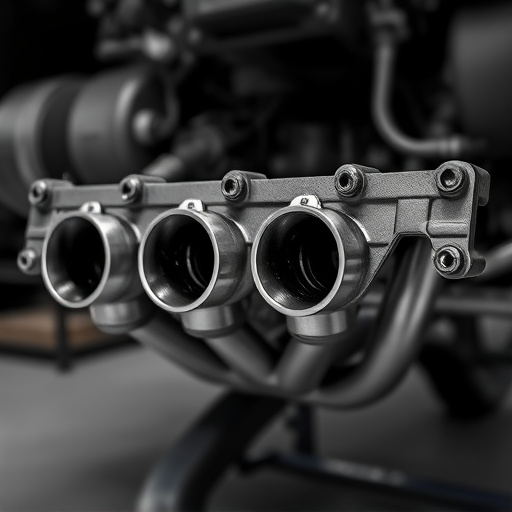
Using an oiled air filter offers several advantages over dry options, enhancing overall performance and longevity. Oiled filters are designed to capture fine particles and debris more efficiently, ensuring cleaner and healthier air circulation within your vehicle or indoor space. This feature is particularly beneficial in environments with high pollution levels or for individuals suffering from allergies, as it reduces the amount of allergens and irritants in the air.
Moreover, the oiling process creates a smoother surface on the filter media, which can better trap and retain contaminants. Unlike dry filters that might become clogged quickly, oiled filters provide prolonged service life, reducing the frequency of replacement. This not only saves time and money but also minimizes waste generated from frequent filter changes. Additionally, proper maintenance of oiled air filters can enhance the performance of related components, such as exhaust mufflers and air intake systems, ensuring optimal engine efficiency and reduced wear on brake components.
Real-World Applications and Considerations for Oiled Air Filters
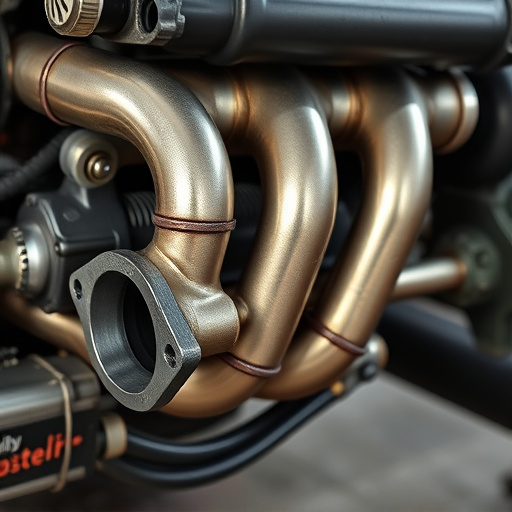
Oiled air filters find their real-world applications in various industries where clean and conditioned air is paramount. From automotive enthusiasts tuning their performance air filters and performance exhaust systems to homeowners looking for better indoor air quality, oiled air filters offer a unique advantage. They are particularly effective in environments with high dust or pollen levels, as the oil acts as a natural barrier against these particles. This makes them ideal for areas prone to poor air quality due to industrial activities or natural disasters.
When considering oiled air filters, several factors come into play. For instance, they may require more frequent maintenance compared to their dry counterparts, as the oil needs periodic replacement. However, this process is relatively straightforward and can be done with simple tools readily available in many coilover kits. Moreover, the longevity of an oiled air filter surpasses that of a standard one, making up for the extra care required. Their use cases span across different sectors, proving their versatility as a solution for clean air delivery.
Oiled air filters offer a distinct advantage in terms of efficiency and versatility compared to their dry counterparts. Their unique ability to trap finer particles while reducing static buildup makes them ideal for various environments, from homes to industrial settings. By understanding the benefits outlined in this article, it’s clear that transitioning to oiled air filters can be a game-changer for improving indoor air quality. Incorporating these filters into your space could very well be a beneficial step towards a healthier and more comfortable living or working environment.


